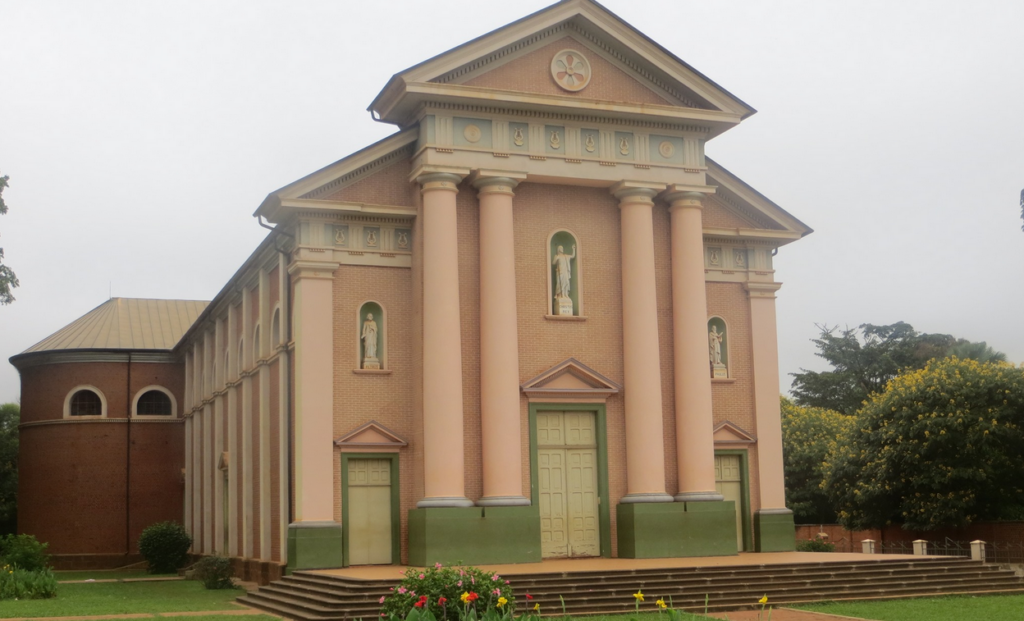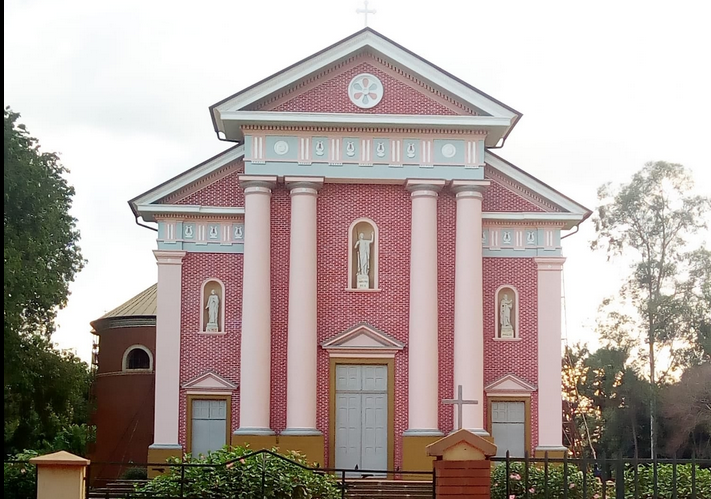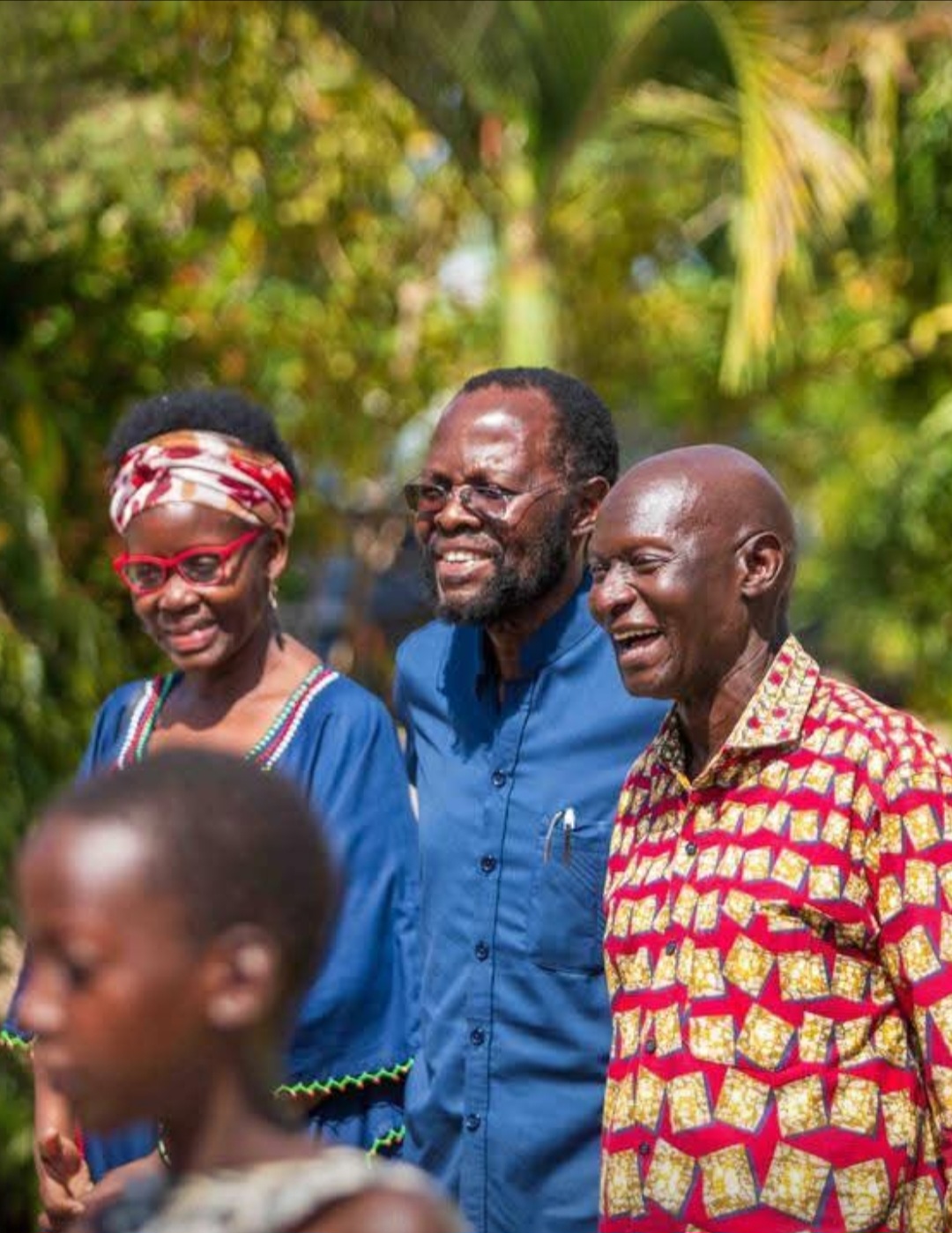By Livingstone Okumu Langol
Photos: YouTube Screenshots\Facebook
Rwot Ogenga John Obita, of Labongo Koch Amida in Uganda, has castigated the church, saying it must stop interfering with the Acholi cultural institutions that predates colonialism and imperialism in Africa .
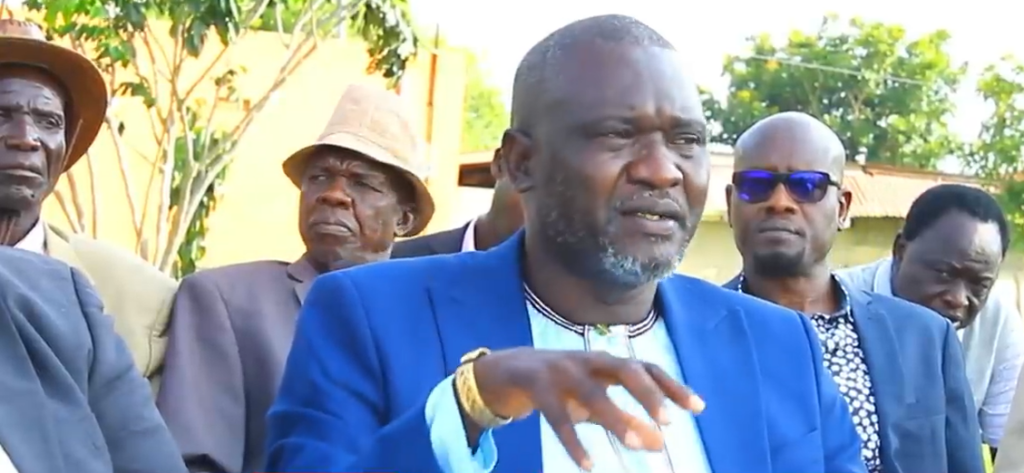
This is, in essence, a clash between African indigenous institutions and the ones that arrived later.
“Religious institutions have been here in our motherland for only 150 years, but their leadership have been subjecting the historical Acholi cultural institutions to follow their own interest, they want control over us which is impossible,” the chief remarked.
“The alien beliefs came here as visitors and are not just in equal position with our cultural institutions. They are just in our sitting room, but they want to enter our bedroom to control the cultural affairs, this is impossible,” Rwot Ogenga John Obita complained.
“The religious preaching says some of our cultural practices are, and condemn our beliefs, labelling them as satanic, why do they want to mediate in the subject between Emeritus Lawirwodi, David Onen Acana II and the current one Rwot Richard Santo Apire?” Rwot Obita
For starters, a section of Acholi chiefs have since June 14, 2014 broken ranks with Lawirwodi David Onen Acana II, previously recognized as a “leader of leaders,” when they held an election at Koch Labongo Amida Palace in Kitgum District that saw Rwot Richard Santo Apire of Atiak bestowed upon the title of Lawirwodi (paramount chief or “leader of leaders”). This, despite the fact that other chiefs retained allegiance to David Onen Acana II of Payira as still Lawirwodi.
The outburst of Rwot Ogenga John Obita who deputizes Rwot Richard Santo Apire in Kitgum comes in the backdrop of accusations that the church seems supportive of Rwot David Onen Acana II whom they “deposed.” So the question they now pose is: how can an institution that came yesterday, in the span of historical time, become more important than long existing ones?
“Why do religious institution want to become Alpha and Omega, who gave them the mandate to embrace and introduce Emeritus Lawirwodi, Rwot David Onen Acana II in every functions? A case in point was during the International World Peace Day celebrations at Kaunda Ground in Gulu City, and also when the former Emeritus Lawirwodi Onen Acana visited East Acholi, he was in the cowpony of Acholi Religious Leaders Peace Initiative,” Rwot Obita complained.
Rwot Obita claimed that 31 out of 58 chiefs expressed their rejection of Rwot David Onen Acana during the election that took place in Kitgum on June 14, 2024. However, those in the Rwot Acana’s faction denounced some of the 31 chiefs who participated in the elections as not substantive.
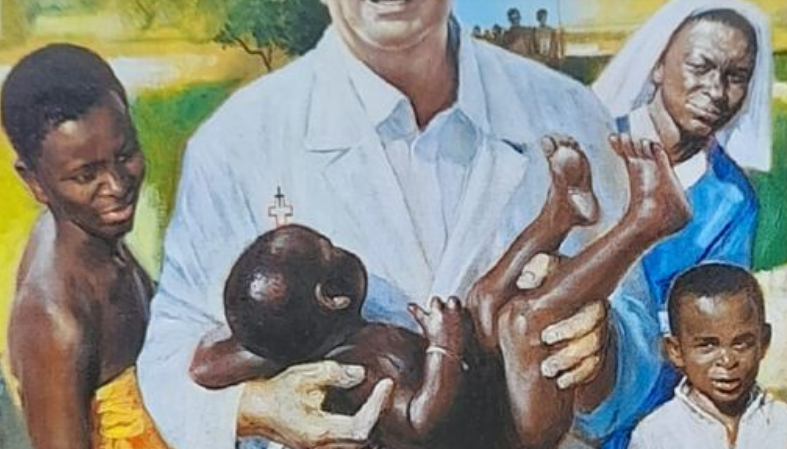
“We don’t want to get into conflict with religious institutions because they have built strong education institutions in Acholi Sub Region and they have some of their positive social policies but unfortunately, they also want to control us,” Rwot Obita said.
Rwot Obita also noted that an ethnic Acholi has never been a bishop of Gulu Archdiocese.
“Why can’t an Acholi Reverend Father from the Catholic denomination [ever] be appointed to become Bishop or Archbishop of Gulu Catholic Diocese? Does it mean our sons who are Reverend Fathers are only there to dish out bread and wine [administer the Holy Eucharist], while a Bunyoro son, Bishop Kihangire and West Nilers like Bishop Luluga, Archbishop Odama, Bishop Sabino Odoki and Archbishop Raphael Wokorach P’Mony are the only prelates that qualify for the position of bishops?” Rwot Obita wondered.
Rwot Ogenga John Obita attacked the Catholic Church for being part of the poverty in Acholi. He cited a Catholic Church supported a $2 million cassava project in Acholibur that he claimed benefited a few of the priests and “corrupt elite” from the area.
Christopher Ojera, the former Local Councilor III for Pabbo Sub County, an investigative journalist based in the northern part of Uganda, recently unearthed a scandal–that some funds indeed ended in the hands of a few corrupt Catholic barons.
“My finding was that part of the [$2 million] Cassava project funds got its way back to St. Joseph’s Cathedral, and part of the huge funds was used to maintain the luxurious lives of some clerics…” journalist Ojera claimed.
